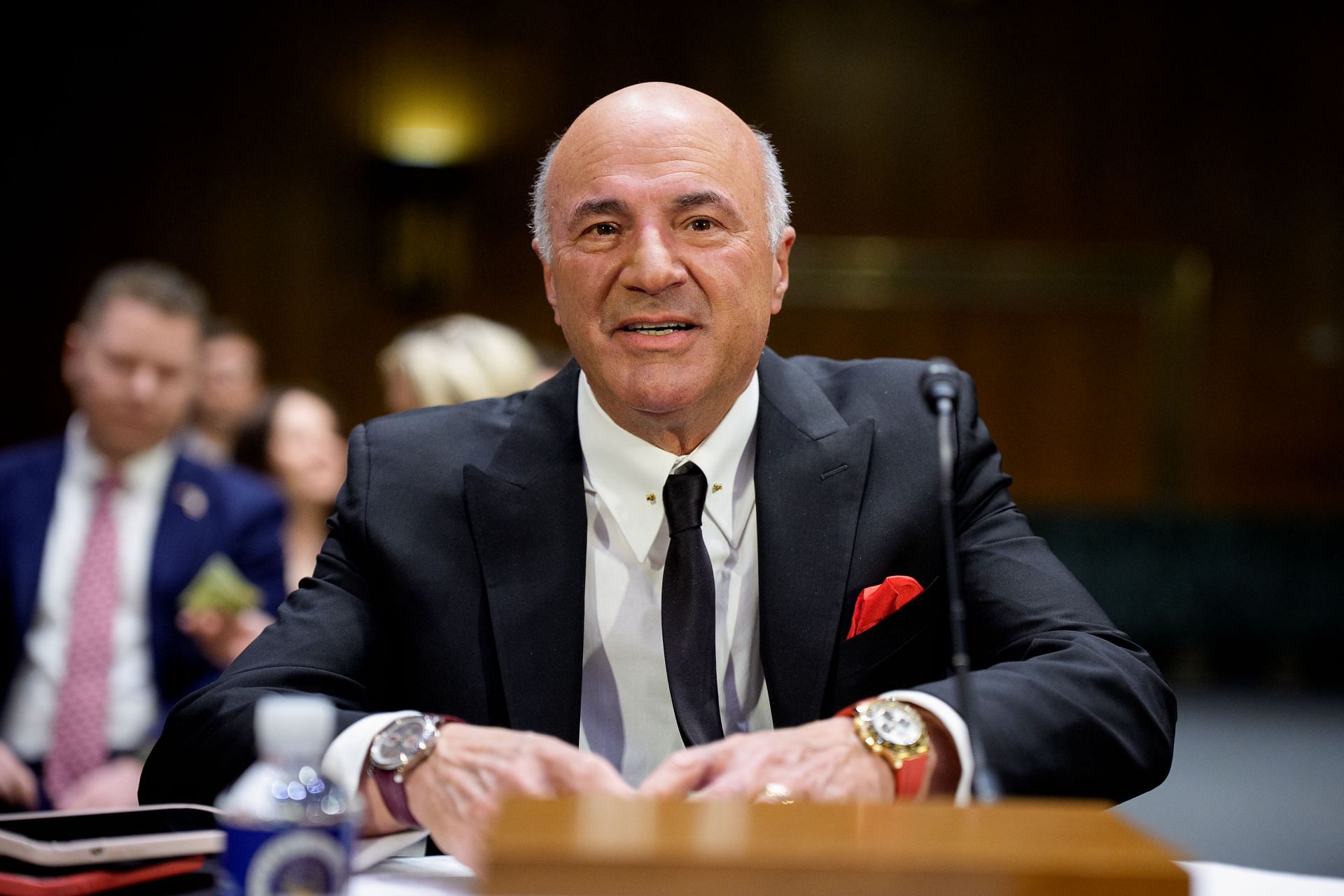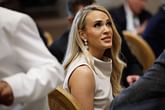"Like the Apple deal": Shark Tank investor Kevin O'Leary shares Yi Ming’s stake could help seal TikTok deal

According to Shark Tank investor and entrepreneur Kevin O'Leary, TikTok may remain in operation through a strategy involving data separation and cooperation from key stakeholders. In an Instagram video posted on May 3, 2025, O’Leary identified ByteDance co-founder Yi Ming’s 24% ownership as a potential solution to securing TikTok’s presence in the U.S. He said:
“TikTok is unique. This is going to be like the Apple deal.”
He underscored that ByteDance’s interest in retaining TikTok is minimal, stating that the platform “is only 8%” of ByteDance’s operations.
However, Ming's involvement could support negotiations moving forward.
Shark Tank's Kevin O’Leary outlines data strategy and Yi Ming’s role in the potential TikTok resolution
Algorithm concerns and proposed model
Kevin O'Leary discussed regulatory concerns by likening TikTok's data usage to a tiered framework. He explained a method of isolating user data from the underlying algorithm, using a “lentil soup” analogy.
According to O'Leary, the platform’s design allows for personal data—“the people's information”—to be separated from the broader algorithmic system—“the broth.”
He mentioned that this separation may offer a technical approach for U.S. compliance without requiring changes to the platform’s core functions.
The Shark Tank investor stated:
“The algorithm is as much said, it rips data,” framing the data extraction process as the key concern.
The approach he proposed emphasizes isolating individual-level information while preserving performance.
O’Leary did not detail specific technologies or protocols but referenced the idea in the context of regulatory strategy.
ByteDance ownership structure
The Shark Tank investor noted ByteDance’s valuation at approximately $400 billion and described TikTok’s U.S. operations as a small part of the company’s portfolio.
“Only 8% is TikTok US,” he said.
He underlined the limited impact a U.S. ban might have on ByteDance’s overall business. The platform’s size relative to ByteDance’s total operations may factor into how negotiations are structured.
He highlighted Yi Ming, a ByteDance co-founder with a 24% ownership stake, as potentially central to resolving the situation.
Kevin suggested that Ming’s position within the company could allow him to help facilitate an agreement acceptable to all parties.
Ming’s level of involvement in current decision-making was not described in detail, but O’Leary pointed to his ownership as a strategic asset.
Discussions involving the U.S. and China
O’Leary referenced talks in Dubai involving Apple and Chinese officials. He described a shift in tone during those discussions and suggested it may influence broader negotiations related to TikTok.
The Shark Tank investor stated:
“This cooperation mood that started last night in Dubai, with Apple and the CPP party agreeing to share tech,” pointing to the potential for similar cooperation in the TikTok case.
Although no formal outcomes were mentioned, O’Leary connected this context to the ongoing work he is undertaking with businessman Frank McCourt.
“Frank McCourt and I have worked on this deal for almost six months,” he said.
The Shark Tank investor explained that the focus of that collaboration was not specified, but that their effort is tied to developing a viable solution. He concluded by expressing a degree of confidence in the negotiations, stating,
“I think we’re gonna get it.”
He underscored that the outcome remains pending, but the combination of data restructuring, stakeholder involvement, and international dialogue may contribute to determining TikTok’s future in the U.S. market.
Tune in to new episodes of Shark Tank every Friday at 8 PM ET on ABC and stream on Hulu.




